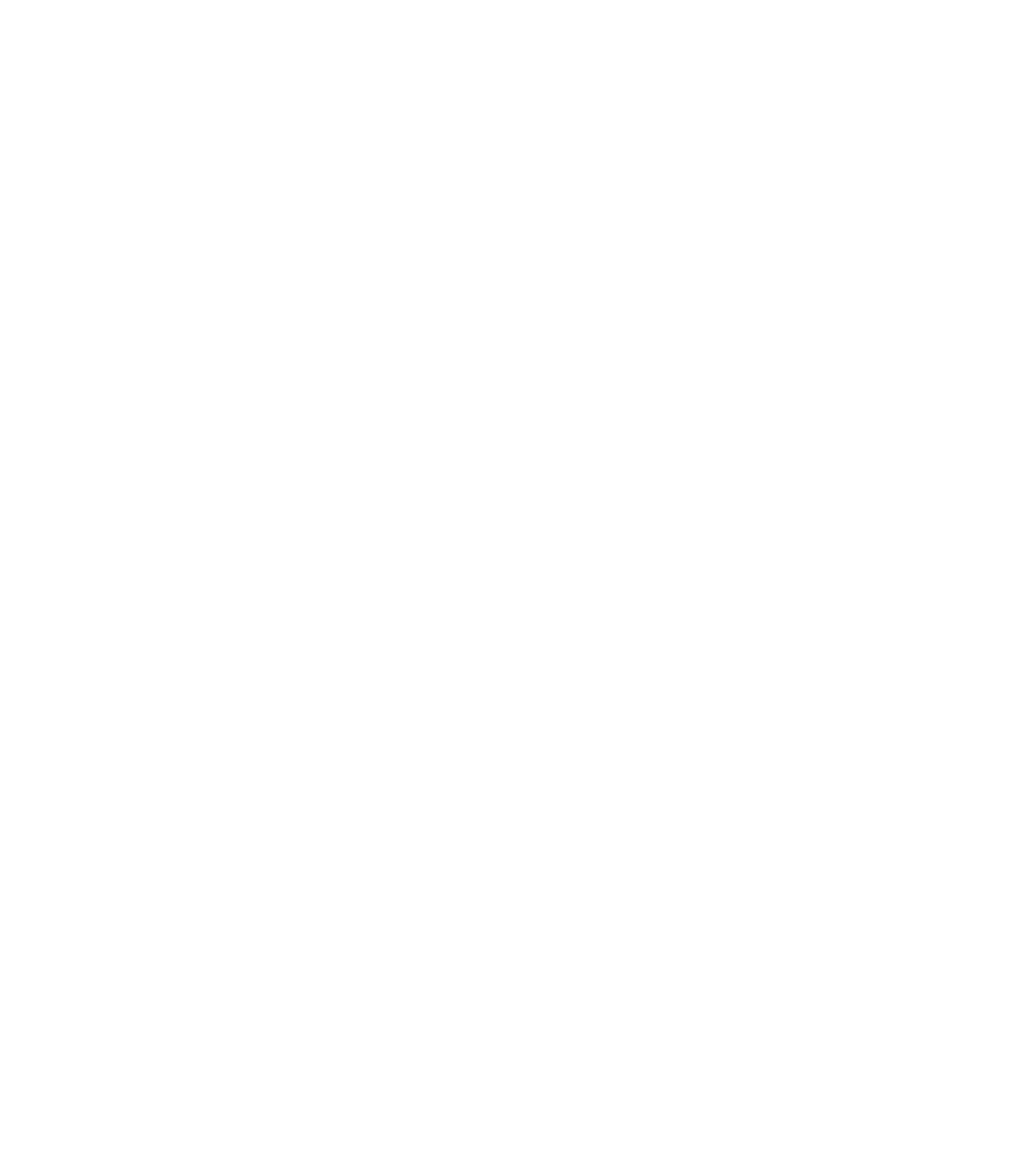In today's fast-paced world, relationships can be challenging. Couples often face various stressors and conflicts that can lead to communication breakdowns and unhappiness. If you're looking to improve your relationship, it's crucial to find couples therapist who can provide the guidance and support needed for recovery and growth. In this article, we'll explore the benefits of couples therapy, how to find the right therapist in your area, and the therapy process itself. If you live in Lehi, American Fork, Alpine, Saratoga Springs, Draper, or Bluffdale, Utah, we have a special section just for you.
Benefits of Couples Therapy
Couples therapy offers numerous benefits that can improve your relationship, including:- Improved communication: Couples learn how to express their feelings and needs effectively, fostering better understanding and reducing misunderstandings.
- Conflict resolution skills: Therapists teach couples how to navigate conflicts in a healthy way, promoting resolution and preventing escalation.
- Enhanced emotional connection: Couples therapy can help partners rekindle their emotional bond and increase intimacy.
- Personal growth and self-awareness: Through therapy, individuals can gain insight into their own behavior patterns and learn how to make positive changes for the betterment of the relationship.
How to Find Couples Therapist in Your Area
Search online directories and resources
Start your search by exploring local mental health counselor websites, therapist directories, and review websites. These resources often provide information on therapists' experience, areas of expertise, and client reviews.Ask for referrals from trusted sources
Your friends, family, primary care physician, or other healthcare providers may have recommendations for couples therapists they trust. Don't hesitate to reach out and ask for their advice.Factors to consider when choosing a therapist
When trying to find couples therapist, consider the following factors:- Experience and expertise: Look for a therapist with experience and training in couples therapy.
- Location and accessibility: Choose a therapist who is conveniently located and easily accessible, considering your schedule and transportation options.
- Cost and insurance coverage: Verify if the therapist accepts your insurance or offers affordable rates if you'll be paying out-of-pocket.
- Therapeutic approach: Research different therapy approaches and choose a therapist whose approach aligns with your needs and preferences.
The Therapy Process
Initial assessment and goal-setting
The therapy process begins with an initial assessment, during which the therapist will gather information about your relationship, your challenges, and your goals. This allows them to develop a customized treatment plan tailored to your unique needs.Regular therapy sessions
During regular therapy sessions, you and your partner will work together with the therapist to:- Engage in open and honest communication about your feelings and needs
- Participate in skill-building exercises designed to improve communication and conflict resolution
- Explore your emotions and identify patterns that may be contributing to relationship issues
Assessing progress and adjusting treatment as needed
Throughout the therapy process, your therapist will monitor your progress and adjust the treatment plan as needed. This ensures that you are consistently working towards relationship recovery and growth.Celebrating relationship growth and recovery
As you progress in therapy, take the time to acknowledge and celebrate the positive changes in your relationship. This can help reinforce your commitment to growth and recovery.Tips for Maximizing Couples Therapy Success
- Commitment to the process: Fully engage in therapy and be willing to invest time and effort.
- Openness to change and growth: Embrace the opportunity to learn new skills and grow as individuals and as a couple.
- Practicing skills and techniques outside of sessions: Apply what you learn in therapy to your daily life, reinforcing the skills and strategies that can improve your relationship.
- Patience and understanding: Remember that change takes time and effort, so be patient with yourself, your partner, and the therapy process.

